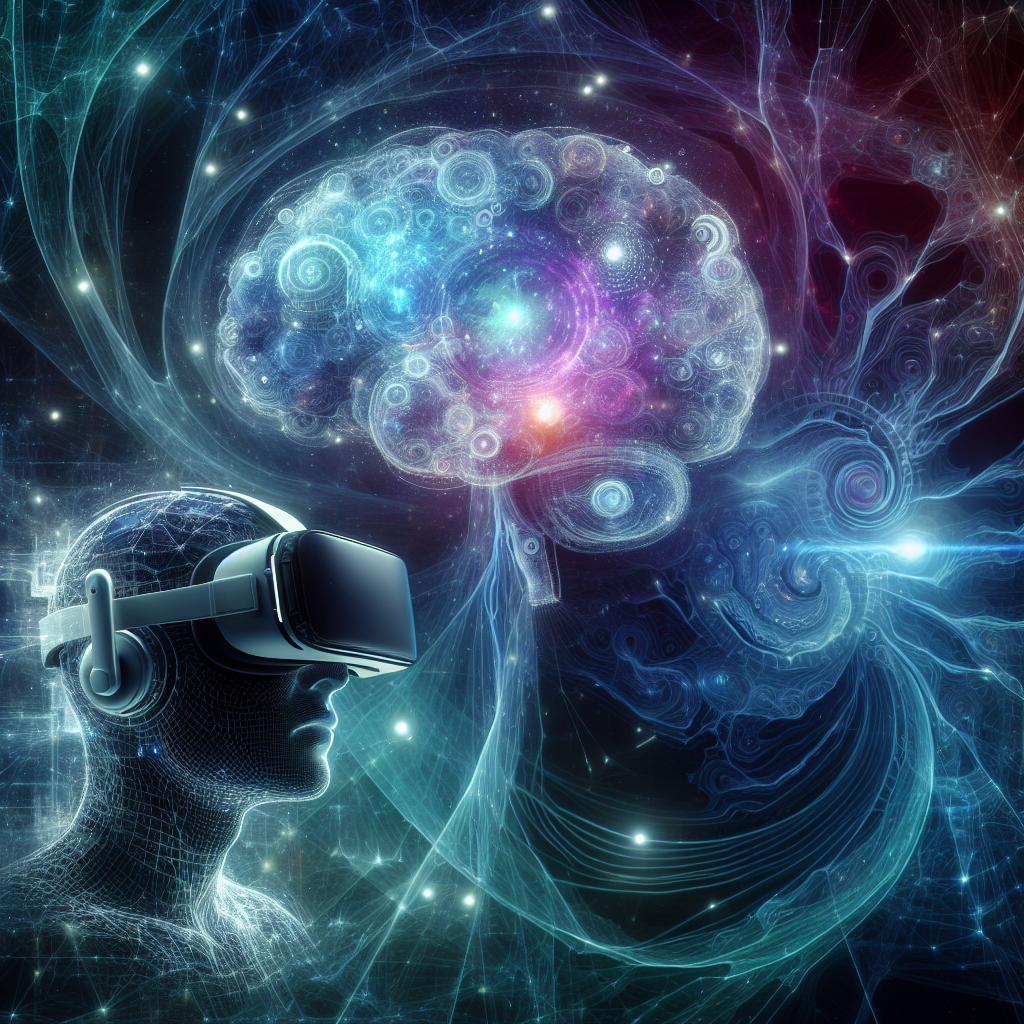The Psychological Effects of Virtual Reality on Users
Virtual reality (VR) technology has rapidly advanced in recent years, offering users an immersive and interactive experience in a simulated environment. While VR has the potential to revolutionize various industries, such as gaming, education, and healthcare, it also has significant psychological effects on users.
One of the primary psychological effects of VR is the sense of presence that users experience in a virtual environment. This feeling of being physically present in a virtual space can lead to a blurring of the lines between reality and the virtual world. As a result, users may become more emotionally invested in their virtual experiences, leading to heightened feelings of empathy, excitement, or fear.
Moreover, VR can also have a significant impact on users’ emotions and mood. Studies have shown that VR can induce a wide range of emotional responses, from joy and excitement to anxiety and fear. For example, exposure to virtual environments that simulate heights or dangerous situations can trigger feelings of fear and anxiety in users. On the other hand, VR experiences that are designed to be relaxing or meditative can help reduce stress and improve mood.
In addition to affecting emotions, VR can also influence users’ cognitive processes. For example, VR experiences that require problem-solving or critical thinking can enhance cognitive skills such as spatial awareness, memory, and attention. On the other hand, prolonged exposure to VR content can lead to cognitive fatigue and decreased cognitive performance.
Furthermore, VR has the potential to impact users’ behavior and decision-making. Research has shown that virtual experiences can influence users’ attitudes, beliefs, and behaviors in both positive and negative ways. For example, VR simulations of risky behaviors, such as driving under the influence or engaging in violent acts, can shape users’ perceptions and attitudes towards such behaviors.
It is important to note that the psychological effects of VR can vary depending on the individual user and the content of the virtual experience. While some users may find VR to be a source of enjoyment and entertainment, others may experience negative emotions or even symptoms of cybersickness, such as nausea and dizziness.
In conclusion, virtual reality technology has the potential to have profound psychological effects on users. From inducing intense emotions to influencing cognitive processes and behavior, VR can have a significant impact on users’ mental well-being. As VR technology continues to evolve and become more widespread, it is essential for developers and users alike to be mindful of the potential psychological effects and to use VR responsibly.


